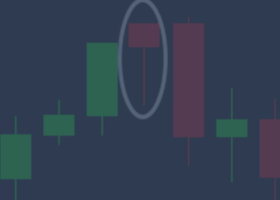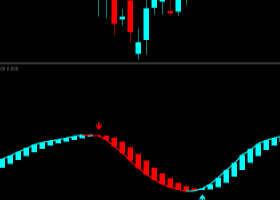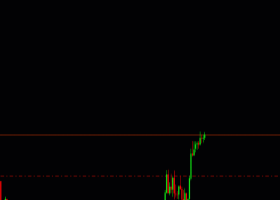Germany's central bank said on Monday the country's economy has moved out of its soft patch at a much faster pace than previously expected aided by a weaker euro, leading to an improved outlook for Europe’s largest economy, The Wall Street Journal reports.
“The German economy will continue to benefit from the economic upturn in the current year. In the short term, the pickup will be driven mainly by private consumption,” the bank said, adding that “The distinct fall in the euro’s external value will provide industry with greater sales opportunities outside the euro area despite the continued moderate global economic momentum.”
German economy suffered stagnation last spring and summer, in part due to worries over the conflict in Russia and Ukraine that hurt business sentiment. But falling oil prices are likely to benefit Germany, which imports a lot of its energy, while the euro’s weakness is making its exports cheaper in global markets.
The comments from Bundesbank came shortly after official statistics last week showed that Germany grew by 0.7% on the quarter in the last three months of 2014, or 2.8% growth at an annualized pace. That drove eurozone gross domestic product to a 0.3% quarterly growth, or 1.4% in annual terms.
The European Commission recently increased its forecast for Germany to 1.5% for this year compared with only 1.1% growth it saw in November.
The country's statistics office also said that its economy grew by 1.6% as a whole last year, one-tenth of a percentage point higher than the office estimated in January.
The report offers the latest evidence that Germany stands to gain from European Central Bank policies that the Bundesbank opposed, in part because of the central importance of exports to its economy.
The common currency saw decline in the latter months of 2014, and into this year, on expectations that the ECB would launch large-scale purchases of government bonds. The policy, known as quantitative easing, typically weakens an exchange rate by adding newly created money to the economy.
Also, the central bank said that “over the next few months,” consumer price inflation, as well as import and producer prices, “are likely to be negative if crude oil prices don't increase further.”



